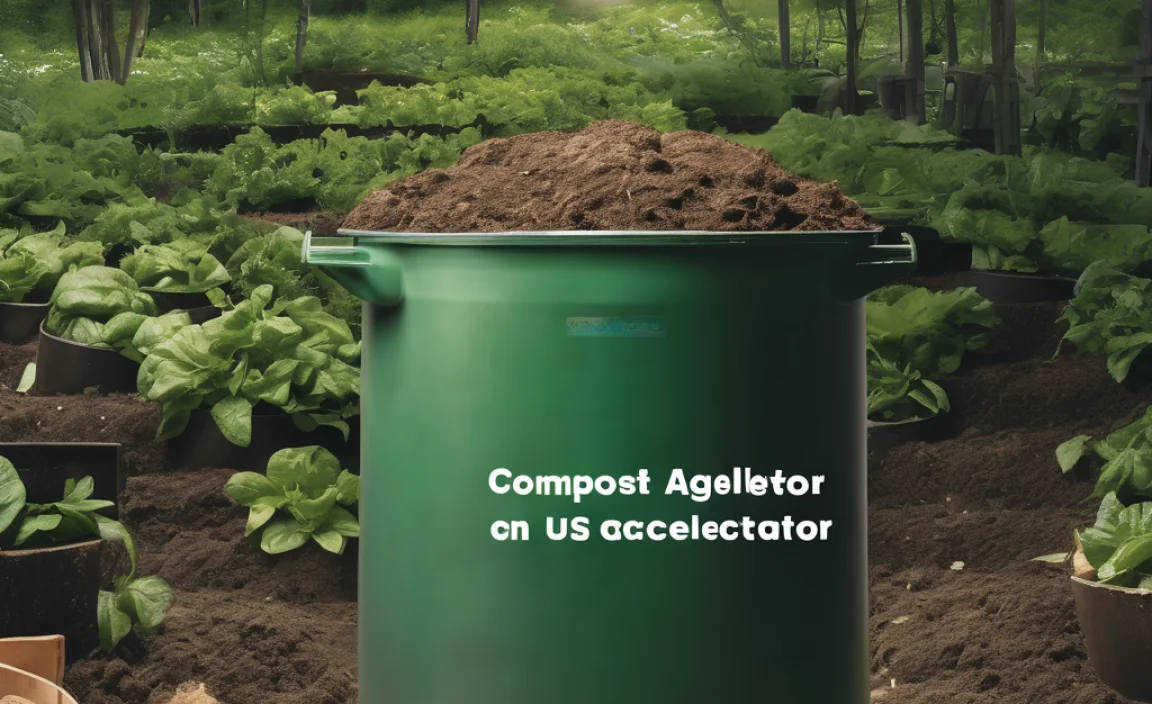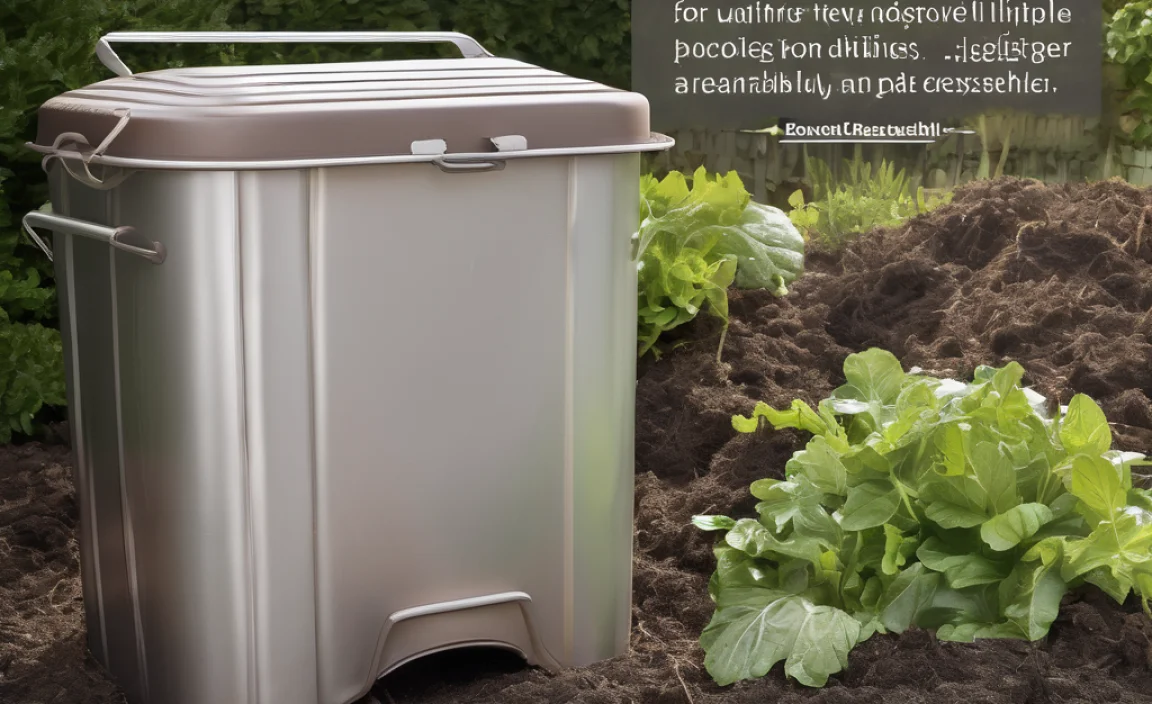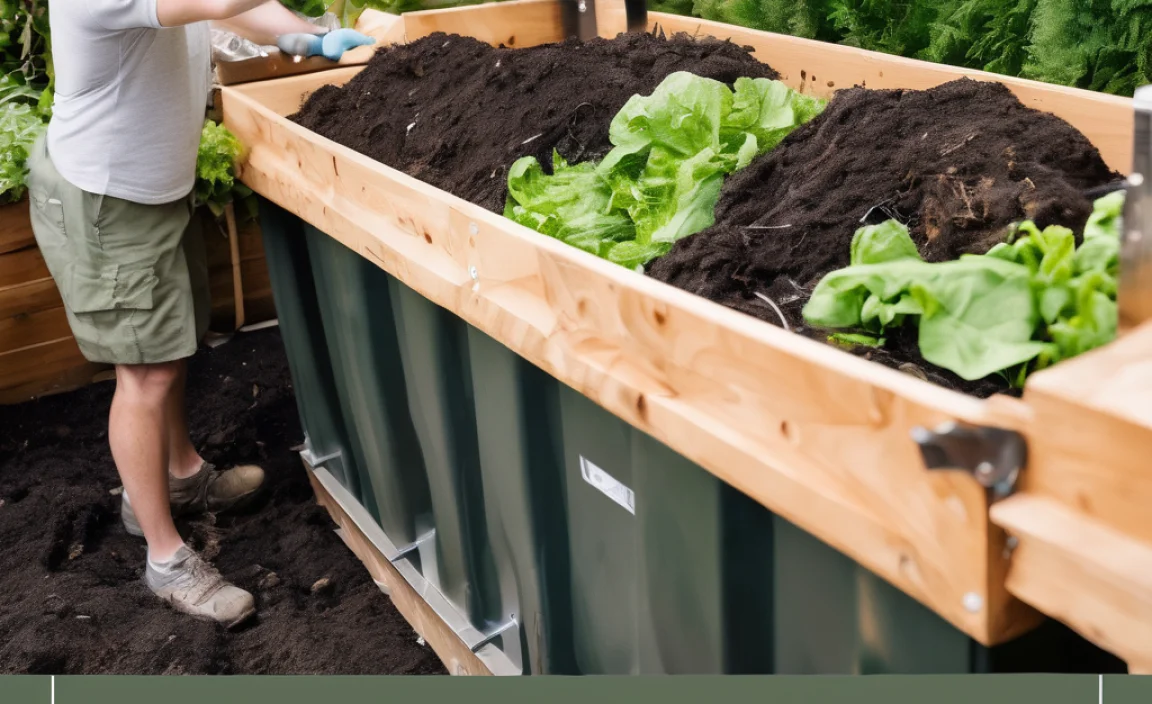Why Do I Go to the Toilet After Coffee? Quick Summary: Drinking coffee often leads to needing to poop because it stimulates your gut. Caffeine and other compounds in coffee increase muscle contractions in your digestive system. This pushes things through faster. For some, this means a quick trip to the bathroom shortly after their morning cup!
Ever wonder why you sprint to the bathroom after enjoying a cup of coffee? You’re not alone! It’s a super common experience. It can also be a little annoying, especially when you’re on the go. But don’t worry, there’s a simple explanation.
Coffee can really get your digestive system moving. It’s not just the caffeine, either. Other things in coffee play a part. We’ll break down exactly what’s happening in your body. Plus, we’ll cover some tips to help manage this effect. Keep reading to find out why coffee sends you running!
The Coffee-Colon Connection: Why the Urgency?
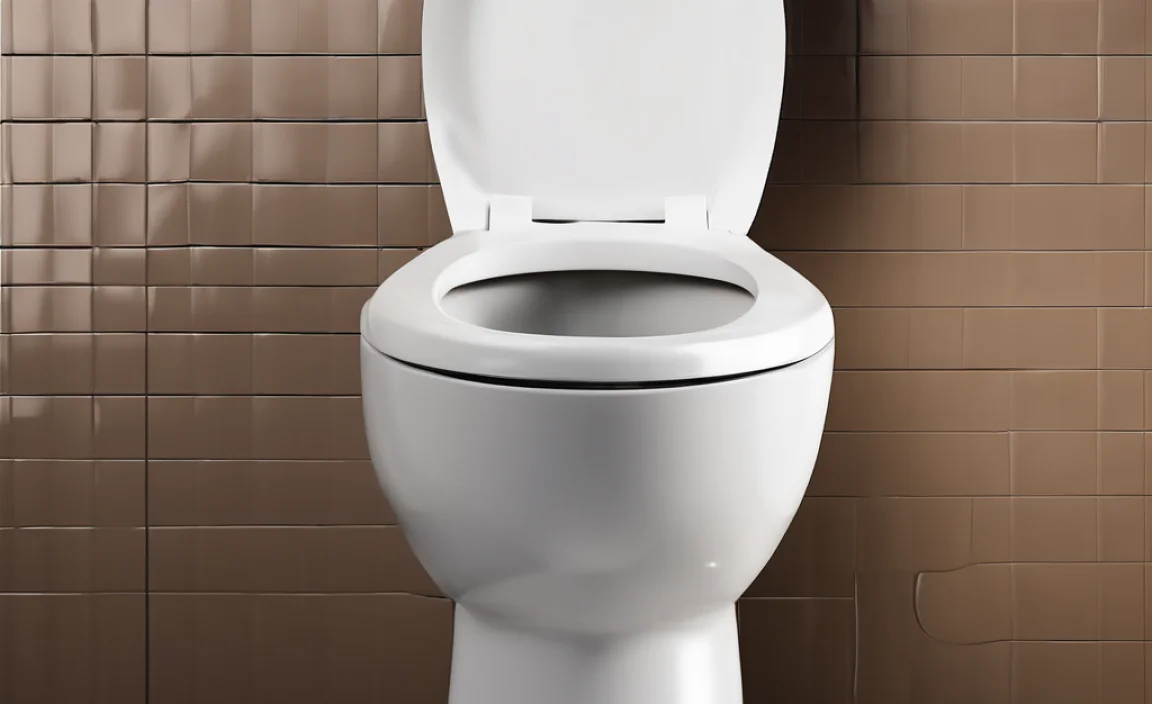
So, what exactly is it about coffee that makes you need to go number two? Several factors are at play. It’s not just one single thing. Let’s dive into the main reasons.
Caffeine’s Role: A Stimulant for Your Gut
Caffeine is a well-known stimulant. It wakes up your brain, but it also wakes up your gut. Caffeine increases the contractions in your colon. These contractions push waste through your system faster. This can lead to a quick urge to go to the bathroom.
- Stimulates Muscle Contractions: Caffeine makes the muscles in your digestive tract contract more.
- Speeds Up Digestion: This increased activity pushes food and waste through your system quicker.
- Increases Bowel Movements: The faster movement can result in needing to poop soon after drinking coffee.
Beyond Caffeine: Other Culprits in Your Cup
It’s not just caffeine that’s responsible. Coffee contains other compounds that stimulate your digestive system. These compounds can also contribute to the laxative effect.
- Acids: Coffee is acidic. This acidity can irritate your stomach and intestines.
- N-alkanoyl-5-hydroxytryptamides: These compounds may boost gastric acid secretion and bowel motility.
- Roasting Process: The roasting process creates compounds that can affect bowel movements.
The Gastrocolic Reflex: Triggering the Response
The gastrocolic reflex is a normal bodily function. It’s triggered when food or drink enters your stomach. This reflex stimulates activity in your colon. This makes room for the new stuff coming in. Coffee can intensify this reflex.
Think of it like this: Your stomach says, “Hey colon, make some space!” And your colon responds by contracting and moving things along. This reflex is stronger in some people than others.
Individual Sensitivity: Why It Affects Some More Than Others
Everyone’s body reacts differently to coffee. Some people can drink multiple cups without any issues. Others need to rush to the bathroom after just one sip. This difference comes down to individual sensitivity.
Factors that influence sensitivity include:
- Genetics: Your genes play a role in how your body processes caffeine and other compounds.
- Gut Health: The bacteria in your gut can affect how you react to coffee.
- Existing Conditions: People with IBS or other digestive issues may be more sensitive.
Decoding Your Coffee: Types and Their Impact
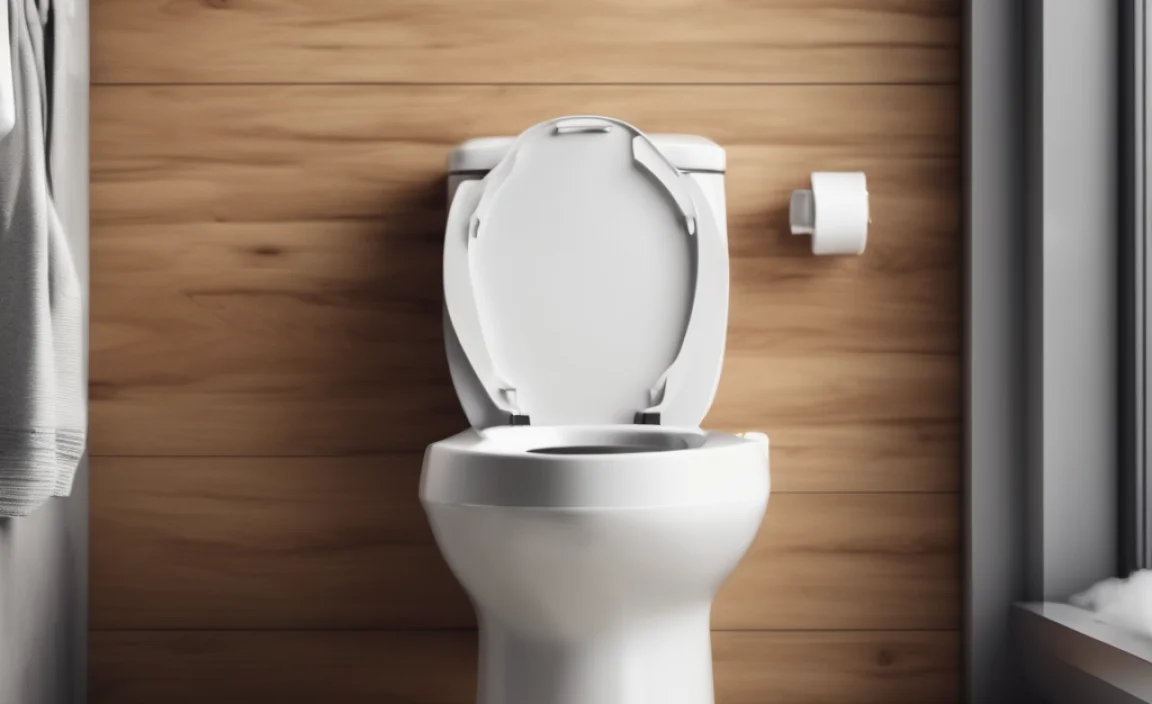
Did you know that the type of coffee you drink can also affect how it impacts your bowels? Different brewing methods and coffee types have varying levels of caffeine and other compounds. Let’s explore how these differences might influence your bathroom habits.
Brewing Methods: Filtered vs. Unfiltered
The way you brew your coffee matters. Filtered coffee removes some of the oils and sediments. These can contribute to the laxative effect. Unfiltered coffee, like French press, retains these elements. This might lead to a stronger urge to go.
| Brewing Method | Filtration | Impact on Bowels |
|---|---|---|
| Filtered Coffee (e.g., drip) | Yes | May have a milder effect |
| Unfiltered Coffee (e.g., French press) | No | May have a stronger effect |
Coffee Types: Caffeine Content and Acidity
Different coffee beans have different caffeine levels. Lighter roasts tend to have more caffeine than darker roasts. The acidity also varies. These factors can influence how your body reacts.
- Light Roasts: Higher caffeine content, potentially stronger effect.
- Dark Roasts: Lower caffeine content, potentially milder effect.
- Acidity: Higher acidity can irritate the stomach.
Additives: Milk, Sugar, and Artificial Sweeteners
What you add to your coffee can also play a role. Milk, sugar, and artificial sweeteners can all affect your digestive system. Some people are lactose intolerant. Milk can cause digestive upset for them. Artificial sweeteners can also have a laxative effect.
Consider these points:
- Milk: Lactose intolerance can cause diarrhea.
- Sugar: High sugar intake can lead to digestive issues.
- Artificial Sweeteners: Some sweeteners have a laxative effect.
Taming the Toilet Trip: Practical Tips and Solutions
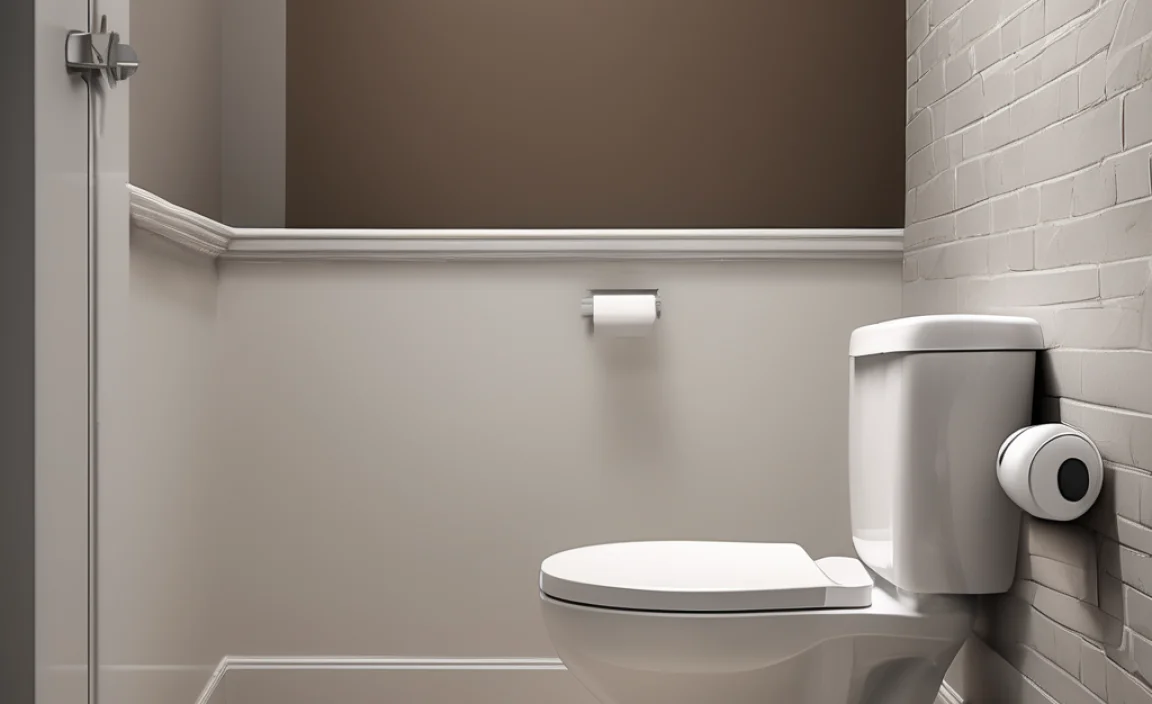
Okay, so you know why coffee makes you poop. But what can you do about it? Here are some practical tips to help you manage this effect. You can still enjoy your coffee without the urgent bathroom trips.
Adjusting Your Coffee Habits: Timing and Amount
Small changes to your coffee routine can make a big difference. Pay attention to when and how much you drink. This can help you control the urge to go.
- Timing: Avoid drinking coffee on an empty stomach. Food can slow down the digestive process.
- Amount: Reduce your coffee intake. Try drinking smaller cups or fewer cups per day.
- Spacing: Space out your coffee consumption. Don’t drink it all at once.
Dietary Adjustments: Fiber and Hydration
Your overall diet plays a role in your digestive health. Eating a balanced diet with plenty of fiber and staying hydrated can help regulate your bowel movements.
- Fiber: Eat plenty of fruits, vegetables, and whole grains. Fiber adds bulk to your stool. This makes it easier to pass.
- Hydration: Drink plenty of water throughout the day. Water helps keep things moving smoothly.
- Avoid Irritants: Limit processed foods, sugary drinks, and other potential irritants.
Choosing the Right Coffee: Lower Acidity and Caffeine
Selecting the right type of coffee can also help. Opt for lower acidity and caffeine levels. This can reduce the stimulating effect on your gut.
| Coffee Characteristic | Recommendation | Why? |
|---|---|---|
| Acidity | Choose low-acid coffee | Less likely to irritate your stomach |
| Caffeine | Opt for lower caffeine options | Reduces stimulation of the digestive system |
Exploring Alternatives: Decaf and Herbal Teas
If coffee is consistently causing issues, consider alternatives. Decaf coffee and herbal teas can provide a similar warm beverage experience without the same digestive effects.
Here are some alternatives:
- Decaf Coffee: Provides the taste of coffee without the caffeine.
- Herbal Teas: Many herbal teas are gentle on the digestive system.
- Green Tea: Contains caffeine, but generally has a milder effect than coffee.
When to Worry: Recognizing Potential Issues
While needing to poop after coffee is usually harmless, sometimes it can indicate an underlying issue. It’s important to recognize when your bathroom habits might be a sign of something more serious.
Identifying Red Flags: Symptoms to Watch For
Pay attention to any accompanying symptoms. These could indicate a potential problem.
- Blood in Stool: This is never normal and should be checked by a doctor.
- Severe Abdominal Pain: Could indicate a more serious digestive issue.
- Unexplained Weight Loss: May be a sign of malabsorption or other problems.
- Persistent Diarrhea: If it lasts for more than a few days, seek medical advice.
Consulting a Doctor: When to Seek Medical Advice
If you experience any of the red flags mentioned above, it’s important to consult a doctor. They can help determine the cause of your symptoms and recommend appropriate treatment.
Consider seeing a doctor if:
- Your symptoms are severe or persistent.
- You have a family history of digestive issues.
- You suspect you may have an underlying condition like IBS.
Ruling Out Underlying Conditions: IBS and Other Digestive Issues
Sometimes, frequent bathroom trips after coffee can be a sign of an underlying digestive condition. Irritable Bowel Syndrome (IBS) is a common one. Other conditions can also cause similar symptoms.
Here are some possible conditions:
- Irritable Bowel Syndrome (IBS): A common disorder that affects the large intestine.
- Lactose Intolerance: Difficulty digesting lactose, a sugar found in milk.
- Celiac Disease: An autoimmune disorder triggered by gluten.
FAQ: Your Coffee and Digestion Questions Answered
Got more questions about coffee and your digestion? Here are some common questions and simple answers.
1. Is it normal to poop right after drinking coffee?
Yes, it’s quite normal! Coffee stimulates your digestive system. This can lead to needing to poop soon after drinking it.
2. Why does coffee make me gassy?
Coffee can increase gut motility. This can lead to increased gas production. Also, if you add milk or sweeteners, those could be contributing to gas.
3. Does decaf coffee have the same effect?
Decaf coffee can still have a mild effect. It contains other compounds that stimulate the gut, though less than regular coffee.
4. Can I build a tolerance to this effect?
Yes, over time your body might adjust to the effects of coffee. You may find that you don’t need to go to the bathroom as urgently or as frequently.
5. What if I have diarrhea after coffee?
If you experience diarrhea regularly after drinking coffee, consider reducing your intake. Also, check with a doctor to rule out any underlying issues.
6. Does cold brew coffee affect digestion differently?
Cold brew is often less acidic. It may be gentler on your stomach compared to hot brewed coffee. This might result in a slightly milder effect on your bowels.
7. Is there any way to prevent the urge to go?
Try drinking coffee with food. Choose lower acidity coffees. Stay hydrated. These strategies can help minimize the urge to go to the bathroom after drinking coffee.
Conclusion
So, why do you go to the toilet after coffee? It’s usually a combination of caffeine, acidity, and the gastrocolic reflex. While it’s a common and usually harmless experience, understanding the reasons can help you manage it. By adjusting your coffee habits, diet, and even the type of coffee you drink, you can minimize the urge. If you have any concerns or experience other symptoms, don’t hesitate to consult a doctor. Now, go enjoy your coffee, armed with this knowledge!

